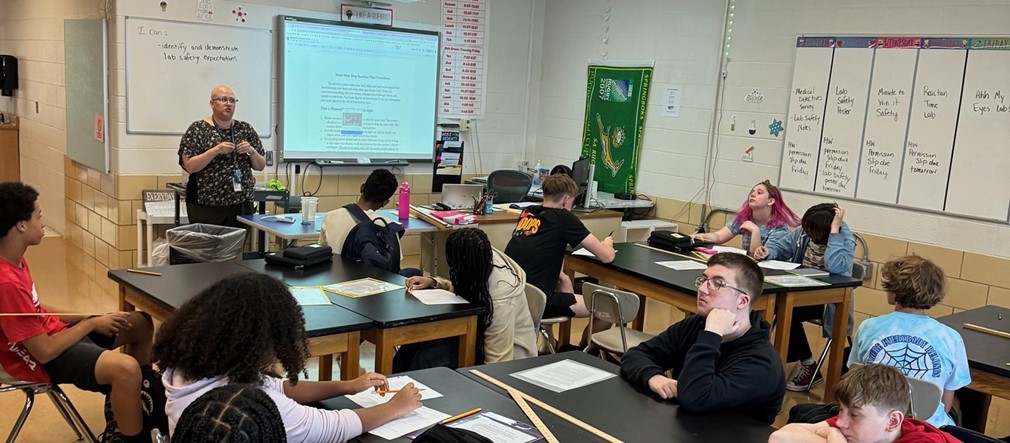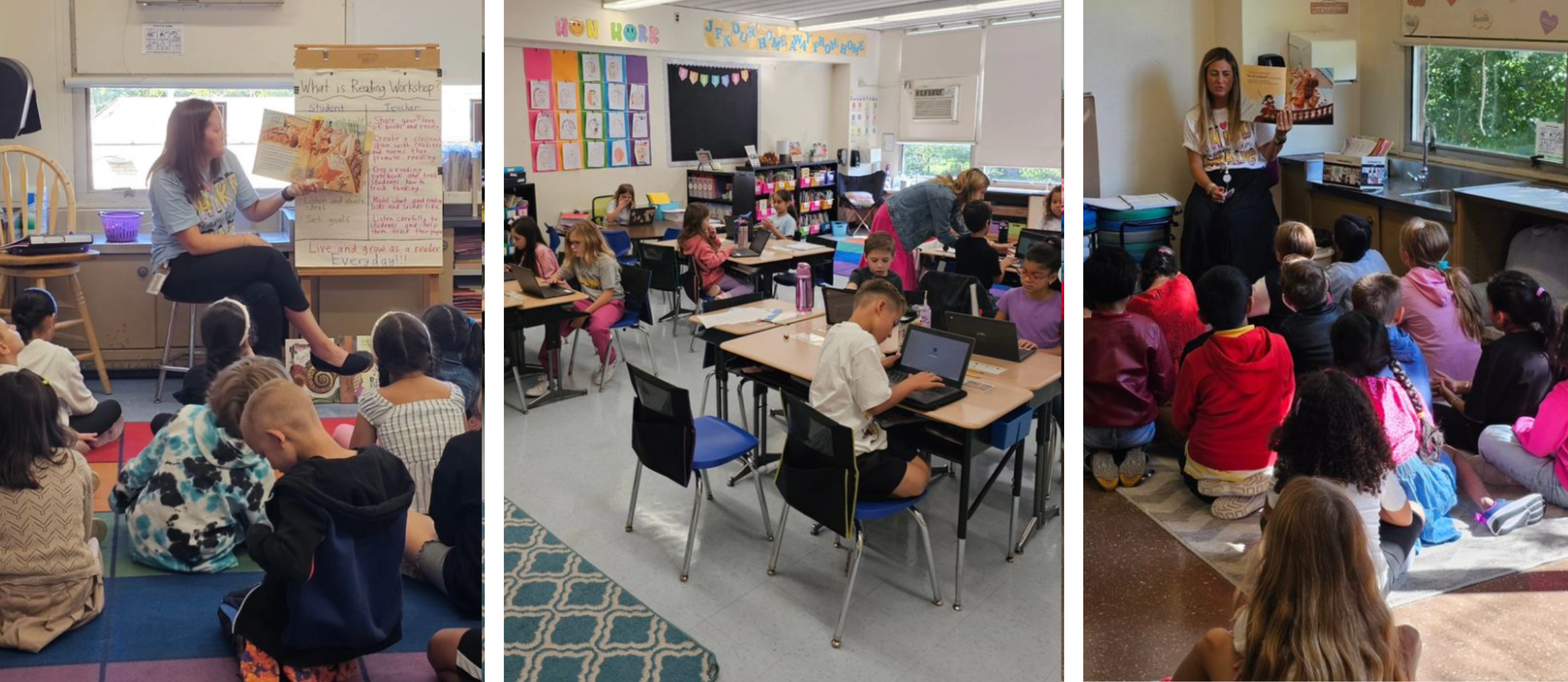Fundraising Concepts to Conserve Temecula Schools and Programs
Fundraising Concepts to Conserve Temecula Schools and Programs
Blog Article
Recognizing the Importance of Colleges in Child Development and Community Development
Institutions' engagement with local communities with service-learning initiatives strengthens the bond between family members and instructional establishments. This symbiotic partnership underscores the relevance of institutions in supporting energetic citizenship and lifelong knowing behaviors.
Academic Achievement
Academic success functions as a keystone of youngster advancement, providing the foundation whereupon future understanding and success are developed. Colleges play an essential duty in fostering this scholastic growth, supplying structured settings where children can get essential understanding and cognitive skills. Standardized curricula ensure that pupils gain effectiveness in core subjects such as mathematics, science, and language arts, which are critical for both higher education and specialist possibilities.
In enhancement to imparting fundamental scholastic abilities, schools also cultivate vital reasoning, analytical capacities, and intellectual interest. These cognitive expertises are important for navigating complex real-world scenarios and adapting to the ever-evolving demands of the modern workplace. Educators, as facilitators of discovering, utilize varied instructional strategies to cater to varied learning designs, consequently making best use of private trainee possibility.
Furthermore, scholastic success is carefully linked to self-esteem and motivation. Youngsters who experience academic success are more probable to develop a favorable self-concept and a lifelong passion for knowing. Schools additionally use numerous resources, such as collections and innovation, which better boost the educational experience and prepare students for a highly innovative society.
Social Ability Advancement
Beyond scholastic success, the duty of colleges in social skill growth is essential. Schools act as a main location for children to find out and exercise crucial social skills such as collaboration, problem, and interaction resolution. In the structured environment of a classroom, trainees interact with peers, instructors, and other school personnel, supplying numerous opportunities to develop these essential capacities.
Reliable social ability growth in schools is facilitated through team tasks, joint projects, and extracurricular programs. These interactions help pupils recognize social standards, develop compassion, and foster a sense of neighborhood. For instance, team tasks show pupils just how to work with each other towards an usual objective, listen to various point of views, and browse arguments constructively.

The cultivation of social skills during school years lays a foundation for future individual and specialist relationships. Save Temecula Schools. As pupils grow, the ability to properly work together and interact ends up being increasingly essential, underscoring the college's important duty in holistic youngster development
Direct Exposure to Diversity
Exposure to variety in institutions is essential to fostering an inclusive mindset and expanding pupils' viewpoints. Schools offer as a microcosm of the wider society, and running into diverse cultures, languages, and socioeconomic backgrounds within this environment outfits trainees with necessary skills for browsing a progressively globalized world. This exposure urges compassion, lowers prejudices, and advertises common regard amongst peers.
Research suggests that trainees that interact with peers from diverse backgrounds show far better problem-solving skills and creativity. This understanding of variety prepares students for future work environments that value multicultural competence - Save Temecula Schools.

Community Engagement
The benefits of diverse class prolong beyond the school walls, promoting a strong sense of area involvement amongst students. By connecting with peers from different social, socioeconomic, and ethnic backgrounds, pupils Home Page get a broader viewpoint and a recognition for diversity. This direct exposure encourages them to become energetic residents that want to contribute favorably to their communities.
Colleges that stress area involvement often integrate service-learning jobs, which allow trainees to attend to real-world problems while applying academic skills. These projects not only improve students' understanding of their coursework but also infuse a sense of obligation and empathy. Partnerships between institutions and neighborhood organizations give trainees with opportunities to get involved in community events, additionally strengthening their role as check here proactive community members - Save Temecula Schools.
Furthermore, parental and neighborhood participation in institutions enhances the bond in between academic establishments and the areas they offer. With these efforts, schools play a critical duty in supporting neighborhood interaction and fostering social development.
Lifelong Discovering Behaviors
Establishing lifelong learning practices is crucial for a child's continual development and flexibility in an ever-changing world. Colleges play an essential duty in instilling these habits by producing an atmosphere that cultivates interest, vital thinking, and a love for understanding. Through extracurricular tasks and varied educational programs, instructors encourage trainees to explore numerous subjects, evaluate info seriously, and apply their learning to real-world scenarios.

In addition, institutions give a structured setting where youngsters can establish self-control and time management skills, both of which are critical for continual discovering. By stressing the significance of setting objectives, reviewing development, and adapting techniques, universities prepare students to navigate the intricacies of adult life, ensuring they stay long-lasting students and factors to society.
Conclusion
To conclude, institutions are necessary in promoting youngster growth and community growth by providing atmospheres helpful to scholastic achievement, social skill development, and exposure to variety. Via joint tasks and interactions, colleges enhance vital thinking, empathy, and communication skills. Area engagement initiatives even more strengthen the bond between neighborhood areas and instructional organizations. Ultimately, institutions cultivate lifelong learning behaviors, furnishing individuals with the required expertise and abilities to contribute favorably to culture.
In the organized atmosphere of a classroom, pupils communicate with peers, instructors, and other school staff, providing countless possibilities to create these crucial capacities.
In essence, direct exposure to diversity within colleges not only enhances individual students yet additionally strengthens the social material of the area as a whole.
The click now advantages of diverse classrooms expand beyond the institution wall surfaces, cultivating a strong feeling of neighborhood involvement amongst students.Institutions that highlight area interaction usually incorporate service-learning projects, which permit pupils to address real-world troubles while using scholastic skills. Partnerships between colleges and regional organizations supply pupils with possibilities to get involved in community events, further solidifying their role as proactive neighborhood members.
Report this page